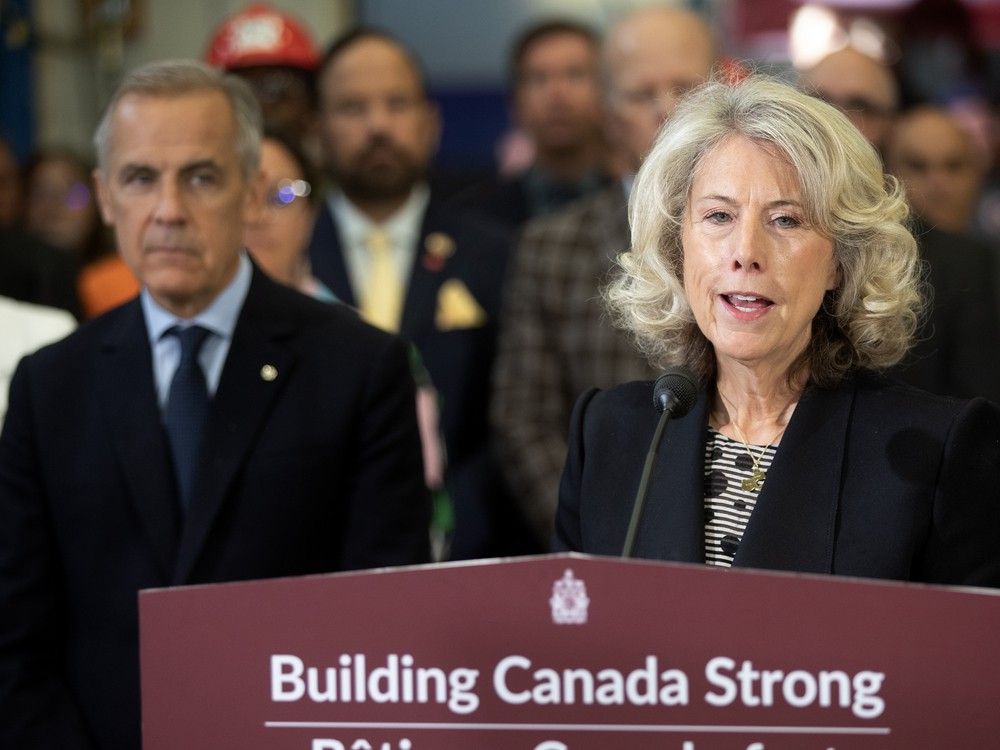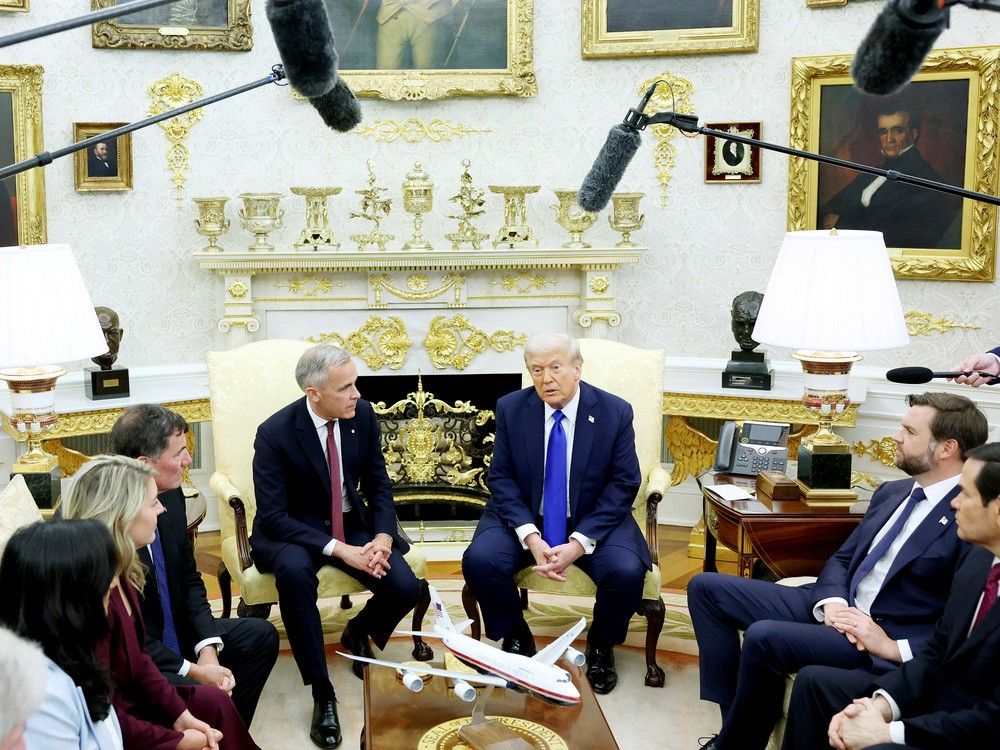Article content
Canadians also seemed to be generally confused about the purpose of the regular anti-Israel demonstrations taking place in the country’s downtowns, with a plurality (26 per cent) saying they didn’t know why they were occurring.
Article content
The next three most popular responses were that the demonstrations were intended to “show support for the Palestinian people” (23 per cent), “stop the war in Gaza” (19 per cent) and “draw negative attention to the State of Israel” (13 per cent).
Article content
Eleven per cent thought the demonstration were “about intimidating Jewish Canadians” and only eight per cent agreed with the usual justification given by demonstrators themselves that the purpose is to change “Canadian government policy toward the Middle East.”
Article content
A similar Leger poll commissioned by the Association for Canadian Studies found that Canadians’ understanding of the Israeli-Palestinian conflict got even worse when they were asked specific questions.
Article content
This was most obvious when respondents were asked if Palestinians have “had opportunities to establish their own state.”
Article content
Article content
Fifty per cent said they didn’t know, 24 per cent said “false,” and only 25 per cent got the answer correct by answering “true.”
Article content
Arab residents of the region rejected a 1947 United Nations partition plan that would have split the area into Jewish and Arab states. In the decades since, Palestinian leaders have rejected multiple Israeli offers for a sovereign Palestinian state, including a 1990s proposal brokered by U.S. President Bill Clinton that would have enshrined a Palestinian state across nearly the entirety of Gaza and the West Bank.
Article content
Canadians also flunked a question on whether Israel had occupied the West Bank and Gaza between 1948 and 1967. Israeli control of both areas only began after the 1967 Six-Day War, but only 15 per cent of respondents knew that, with 54 per cent saying they didn’t know.
Article content
“Knowledge about the conflict and its history is low though that does not prevent persons from giving themselves a good rating when they’re asked to self assess knowledge about the conflict,” Jack Jedwab, president and CEO of the Association for Canadian Studies, wrote in an email to the National Post.
Article content
Article content
He added, “I would suggest that those who have strong opinions on it generally also lack accurate knowledge about the history.”
Article content
Jedwab also included a question that would be hard even for dedicated students of the conflict to answer, but which he said helped to illustrate how much Canadians’ understanding of the issue is often driven by assumptions.
Article content
In 1975, the United Nations general assembly adopted a resolution declaring that Zionism is “a form of racism and racial discrimination.”
Article content
When respondents were asked how Canada had voted at the time, 21 per cent said that Canada supported it, with only 13 per cent saying that Canada delivered a no vote (66 per cent said they didn’t know).
Article content
In actuality, the Canada of 1975 not only voted “no,” but condemned the resolution with a unanimous resolution passed by the House of Commons.
Article content
Wrote Jedwab, “the broader issue in all this is the effort to shape the narrative and offer a version of history in support of one’s take on the current situation.”
.png)
 6 hours ago
15
6 hours ago
15






























 Bengali (BD) ·
Bengali (BD) ·  English (US) ·
English (US) ·